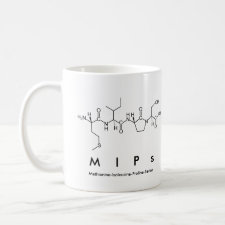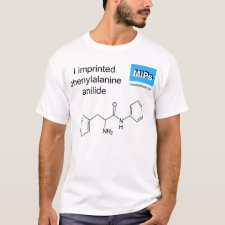
Authors: Chen YB, Kele M, Sajonz P, Sellergren B, Guiochon G
Article Title: Influence of thermal annealing on the thermodynamic and mass transfer kinetic properties of D- and L-phenylalanine anilide on imprinted polymeric stationary phases.
Publication date: 1999
Journal: Analytical Chemistry
Volume: 71
Issue: (5)
Page numbers: 928-938.
DOI: 10.1021/ac981154o
Abstract: An investigation of the material, chromatographic, thermodynamic, and kinetic properties of thermally treated (i.e., annealed) polymeric stationary phases imprinted with L-phenylalanine anilide (L-PA) was carried out. The imprinting procedure of the solid phase used in this study was the same as for the untreated imprinted stationary phase studied previously. However, after polymerization, these new stationary phases were treated at elevated temperatures (50, 120, 140, and 160 degrees C) for 24 h, The treatment at 120 and 140 degrees C led to a larger decrease in the retention of L-PA than that of D-PA. The polymer treated at 160 degrees C could no longer resolve the D,L-PA racemate. The heat treatments were accompanied by a decrease in swelling and an increase in density causing an increase in the density of the remaining active sites. The polymer treated at 120 degrees C was chosen for classical frontal analysis. The adsorption isotherms and the mass-transfer rate coefficients of D- and L-PA were derived from the experimental breakthrough curves. This study was carried out in the same temperature and concentration ranges as the previous one. A comparative discussion of the properties of the two polymeric molecular imprinted stationary phases is presented. The thermal treatment increases the saturation capacity of the packing material by one-third to one-half, reduces markedly the separation factor of the two enantiomers, and slightly accelerates their mass-transfer kinetics. There seems to be no interactions on the annealed polymer between the selective L-PA imprinted sites and the D-PA molecules



Join the Society for Molecular Imprinting

New items RSS feed
Sign-up for e-mail updates:
Choose between receiving an occasional newsletter or more frequent e-mail alerts.
Click here to go to the sign-up page.
Is your name elemental or peptidic? Enter your name and find out by clicking either of the buttons below!
Other products you may like:
 MIPdatabase
MIPdatabase









